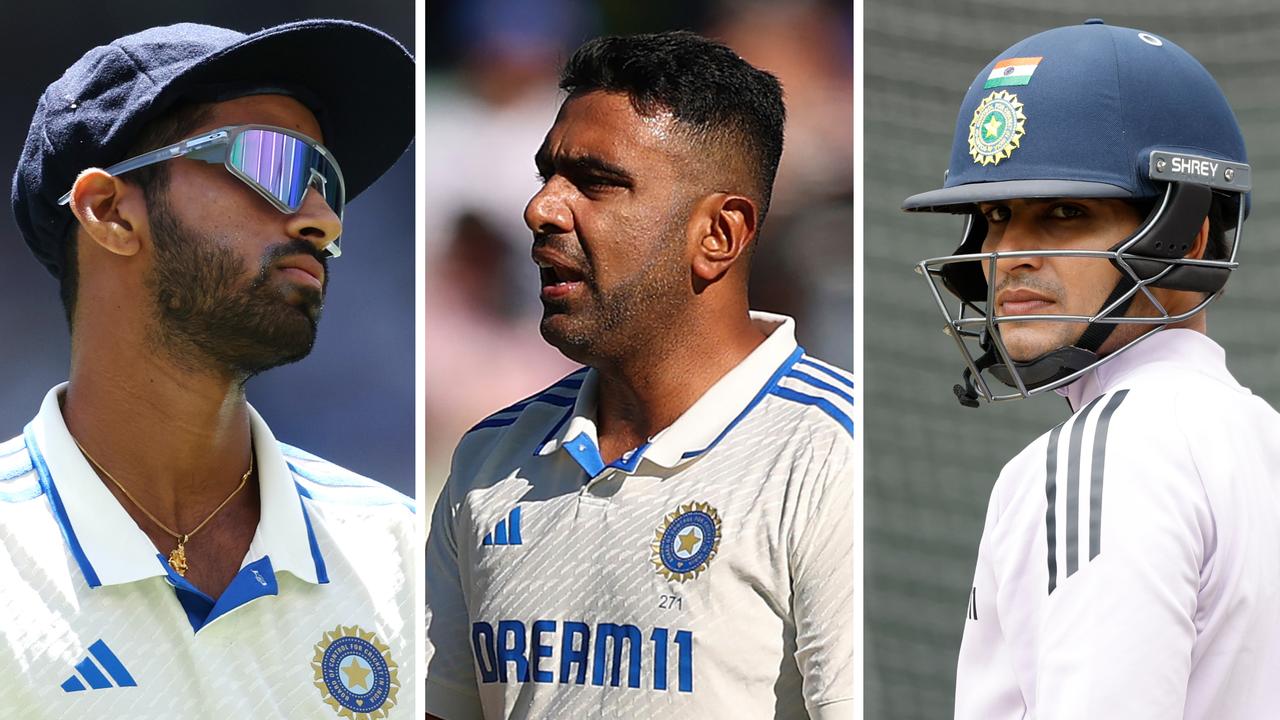Jess Hull: Australia’s rising star with eye on 1500m upset and historic first in Paris

- by Admin
- August 10, 2024

Jessica Hull has always liked to run. In year two, she ran her first cross country race, at primary school in Albion Park, near Wollongong. Playing football with the local junior club, Hull was a midfielder – because she would chase the ball like no-one else. More running followed: little athletics, success at junior titles, a scholarship to University of Oregon, four years on the NCAA circuit and ultimately a professional career as a middle-distance runner.
For two decades, then, the 27-year-old has liked to run. But she has never before run as fast as this. Hull arrived at the Paris Olympics in career-best form. On Saturday night, she will go for gold in the women’s 1500m. Since the distance was added to the women’s Olympic program in 1972, no Australian has won the event. No Australian has finished on the podium.
Hull seems poised to change that, following a rapid rise over the past 12 months. The Australian finished 11th at the Tokyo Olympics, and seventh at the world championships in 2022. Before this year, Hull’s personal best – and the Australian national record – was three minutes and 57 seconds. But in 2024, she has dramatically slashed that time: to three minutes and 55 seconds in May, and then just last month, to 3:50.83 – the fifth fastest women’s 1500m time in history.
It was in that race, the Paris Diamond League meet, that Hull showed the form that could see her win gold on Saturday. Only one currently active runner has gone faster. To triumph at the Stade de France, though, she will need to overcome that one runner: the woman who beat her last month, the best 1500m runner in history, Faith Kipyegon. Because at the same time as Hull was smashing her personal best national record, the Kenyan runner was setting a new world record.
Kipyegon has won the 1500m at the past two Olympics, in Rio and Tokyo. She has won three of the last four world titles. Kipyegon has held the past two world record marks. And she is firm favourite for glory on Saturday evening, the final night of action at the track.
At the Diamond League, Kipyegon went out strong – but Hull stayed with her. Running in Kipyegon’s slipstream, the Australian demonstrated staying power that few expected from her at such a pace. Only in the last 200m did the Kenyan put daylight between herself and Hull, as she charged home in the final straight towards the new world record mark.
Just a week later, Hull – who is coached by her father – looked even stronger at the Monaco Diamond League, breaking the world record for the women’s 2000m race (a non-Olympic distance). It sets up an intriguing battle between the Australian and the Kenyan, plus Ethiopian pair Diribe Welteji and Gudaf Tsegay, for gold on Saturday.
On Thursday, Hull qualified second-fastest in her semi-final to book a finals berth, behind only Welteji. Just by qualifying for the final, she has joined a very select group of Australian athletes – the best finals placing by an Australian woman was fifth, in 1996. If Hull can dethrone Kipyegon, she would be the first Australian since Herb Elliot in 1960 to win 1500m gold at the Games.
It promises to be a blistering race. “It’s the greatest time for the 1500m ever,” Hull said following the semi-final. “We’re saying 3:56 just to make the final from that heat so that’s insane. It’s a privilege to be in the position where people are talking about me as a medal contender, let alone a gold medal contender. Faith is not going to go down without an absolute fight, the Ethiopians are ready as well, so it’s going to be a mega-final.”
With just two days remaining in the Games, Hull is one of the few major gold medal hopes remaining for Australia. Following an unprecedented run of medal success, the Australian team sit in third place on the medal tally with a best-ever haul of 18 golds. Just under four laps of the Stade de France track, and the best 1500m runner in history, stand between Hull and making it 19. Luckily, she likes to run.
The Latest News
-
December 26, 2024Konstas, Kohli mid-pitch shoulder bump under microscope | cricket.com.au
-
December 26, 2024‘Clown behaviour’: Kohli blasted for ‘pathetic’ exchange
-
December 26, 2024Sports News Today Live Updates on December 26, 2024: India vs Australia BGT 2024-25: Sam Konstas shocks India with his remarkable debut | Watch
-
December 26, 2024‘I think he’s in trouble’: Kohli under fire over ‘ridiculous’ clash with Aussie teen as ban looms
-
December 26, 2024WATCH: Kohli bumps Konstas in fiery MCG clash




